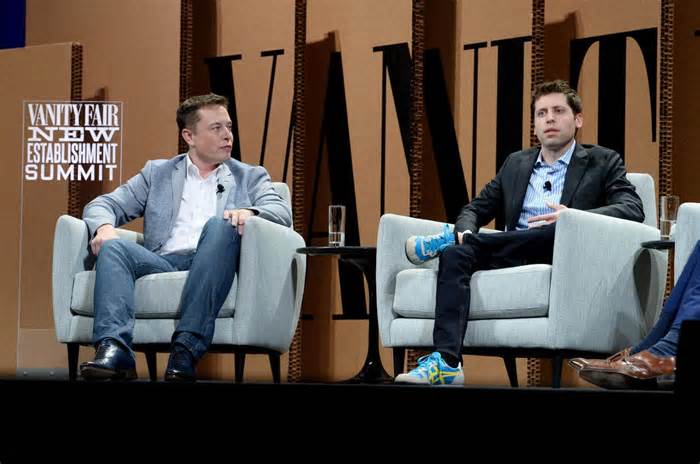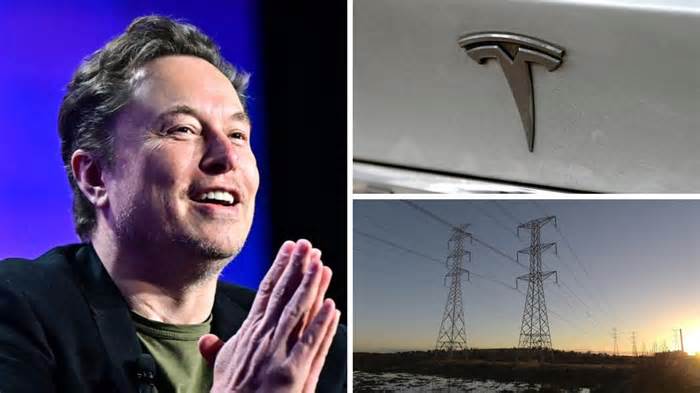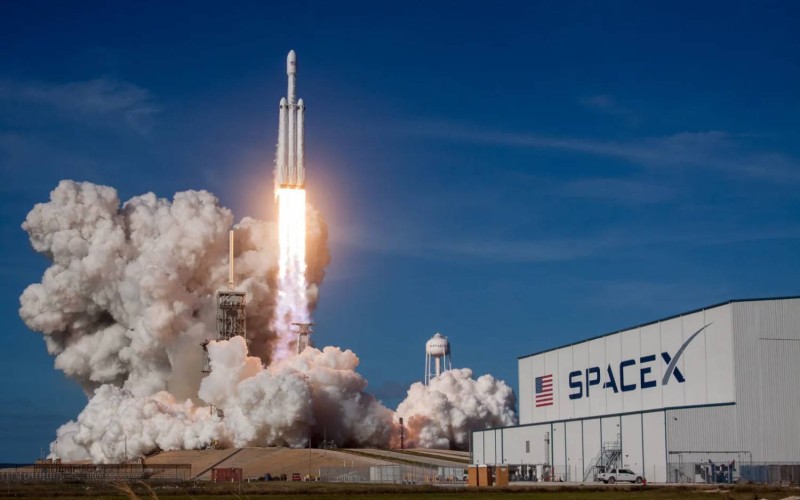
How AI Will Transform The Labor Market: Essential Insights For Leaders
- by Forbes
- Sep 17, 2024
- 0 Comments
- 0 Likes Flag 0 Of 5

SAN FRANCISCO, CA - OCTOBER 06: (L-R) Tesla Motors CEO and Product Architect Elon Musk and Y
... [+] Combinator President Sam Altman speak onstage during "What Will They Think of Next? Talking About Innovation" at the Vanity Fair New Establishment Summit at Yerba Buena Center for the Arts on October 6, 2015 in San Francisco, California. (Photo by Michael Kovac/Getty Images for Vanity Fair)
Getty Images for Vanity Fair
As artificial intelligence (AI) continues its rapid evolution, the potential implications for labor markets are significant. For business leaders, understanding how AI will impact their workforce and operations is not just a forward-thinking exercise—it’s a necessity. AI’s ability to both enhance and displace human tasks means it will reshape industries in profound and subtle ways. How can companies prepare for this transformation and leverage AI's benefits while safeguarding their workforce?
Understanding AI’s Impact on Jobs
A report by the Council of Economic Advisers (CEA) highlights that while AI can bring about remarkable efficiency, certain jobs are more vulnerable to automation than others. Jobs that involve routine tasks—those that can be codified—are at the highest risk of displacement. AI systems, especially machine learning algorithms, have extended automation capabilities beyond what was previously possible with computers alone. This poses a particular threat to roles that have not evolved with AI exposure or require low AI-related performance skills.
But it’s not all bad news. Workers whose tasks require high levels of complexity and abstract thinking are expected to benefit most from AI, as these roles are harder to automate. AI is more likely to augment these tasks, allowing for greater productivity. As a result, high-skilled workers will likely see their roles evolve, integrating AI as a tool to enhance performance rather than replace it.
AI’s Role in Job Polarization
What does this mean for businesses? The task-based polarization framework, used to analyze past technological shifts, predicts that AI will continue to push labor markets toward extremes. Jobs involving simple, routine tasks are most likely to be automated, while those requiring creativity, problem-solving, and complex decision-making will be more demanded. This could widen the gap between high-skill, high-paying jobs and low-skill, low-paying ones, exacerbating income inequality.
Business leaders must acknowledge this potential polarization and prepare to adjust. This means adopting AI for operational efficiency and retraining and upskilling workers to perform higher-level tasks that complement AI.
MORE FROM
Please first to comment
Related Post
Stay Connected
Tweets by elonmuskTo get the latest tweets please make sure you are logged in on X on this browser.
Sponsored
Popular Post
Tesla: Buy This Dip, Energy Growth And Margin Recovery Are Vastly Underappreciated
28 ViewsJul 29 ,2024






 Energy
Energy


















